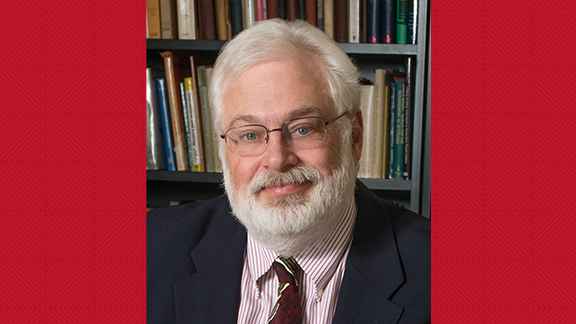
Geisinger accepts national and international leadership positions
15 Aug 2018 By Heather Snodgrass | Marketing Communications Manager | Buros Center for Testing
Kurt F. Geisinger, director of the Buros Center for Testing and professor in the Department of Educational Psychology, will serve in multiple leadership positions this year both nationally and internationally, in the field of educational assessment and evaluation.
- Geisinger will serve on the Appeals Council for the Council for the Accreditation of Educator Preparation (CAEP). CAEP was formed approximately eight years ago when two teacher education accrediting bodies combined. Geisinger was on the commission that brought them both together.
- Geisinger will also serve on the inaugural editorial board for the African Journal of Psychological Assessment (AJOPA). The request stems from a lecture on testing he presented in September 2017 at the first ever Pan African Council on Psychology.
In addition to the above positions, Geisinger will serve as president of three organizations over the next two years:
- President of Division 2: Psychological Assessment and Evaluation of the International Association of Applied Psychology (IAAP), Geisinger will serve on the board of directors and chair the governance committee for the association. Founded in 1920, IAAP is the oldest international association of psychologists and has more than 1,500 members from more than 80 countries.
- Geisinger is also president-elect of Division 5: Quantitative and Qualitative Methods of the American Psychological Association (APA) and will begin as president in 2019. The division promotes high standards in both research and practical applications of program evaluation, measurement, statistics, assessment and qualitative methods.
- Finally, Geisinger recently began a two-year term as president of the International Test Commission (ITC), an association of national psychological associations, test commissions, organizations, and individuals, that promotes “the proper development, evaluation, and uses” of educational and psychological tests.
“I believe that I’m in that stage in my career that giving back is important,” Geisinger said. “I’ve been fortunate to have many mentors along the way, so this is my time to help share with organizations that are meaningful in my life.”
Educational Psychology